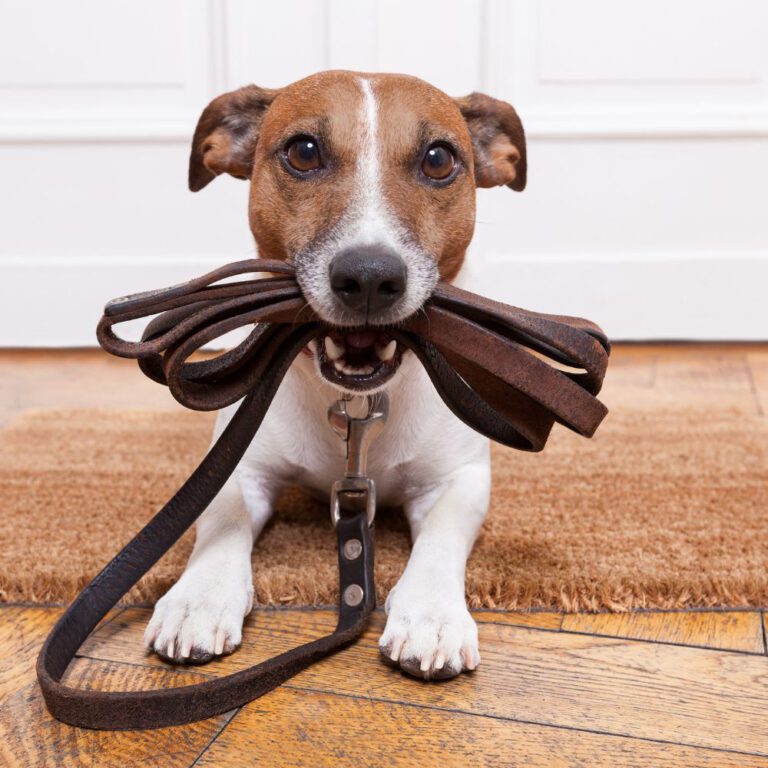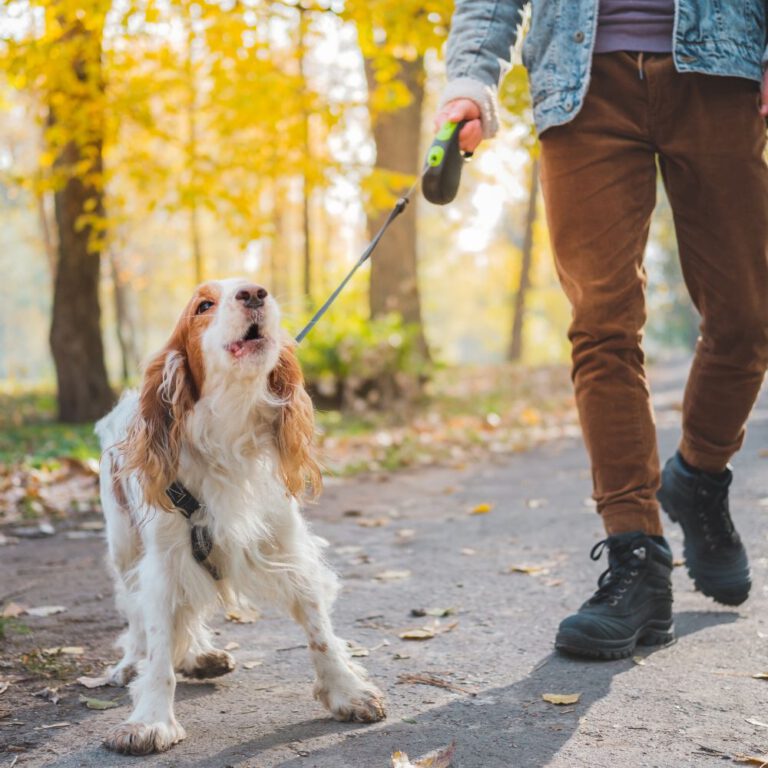What You Need to Know Before Buying Your First Dog

Bringing a dog into your life is a significant commitment that comes with immense rewards. However, before you buy your first dog, it’s crucial to consider several factors to ensure that you and your new pet will have a happy and healthy life together. Here’s a comprehensive guide on what you need to know before making this life-changing decision.
1. Assess Your Lifestyle
Before bringing a dog into your home, take an honest look at your lifestyle. Consider factors such as your daily routine, work schedule, activity level, and living situation. Dogs require time, attention, and exercise. If you have a busy schedule or travel frequently, you may need to rethink your decision or consider breeds that are more independent.
2. Understand the Commitment
Owning a dog is a long-term commitment, often spanning 10 to 15 years or more. This commitment includes daily responsibilities like feeding, exercising, grooming, training, and providing medical care. Ensure you are ready for the long-term responsibilities and potential lifestyle adjustments required for dog ownership.
3. Research Dog Breeds
Not all dog breeds are the same. Each breed has its own characteristics, including energy levels, grooming needs, size, temperament, and potential health issues. Research breeds that fit well with your lifestyle and living conditions. For instance, a high-energy breed like a Border Collie might not be suitable for an apartment, while a smaller, less active breed like a French Bulldog might thrive in that environment.
4. Consider Adoption
Before purchasing a dog from a breeder, consider adopting from a shelter or rescue organization. Many wonderful dogs of all breeds and ages are looking for loving homes. Adoption can be a rewarding experience and gives a dog a second chance at a happy life.
5. Budget for Expenses
Dogs come with various costs, both initial and ongoing. Initial costs include purchasing the dog, vaccinations, spaying/neutering, and supplies like a bed, leash, and bowls. Ongoing expenses include food, grooming, regular veterinary visits, vaccinations, flea and tick prevention, and potential emergency medical care. Budgeting for these expenses is essential to ensure you can afford to care for your dog properly.
6. Plan for Training and Socialization
Training and socialization are crucial for a well-behaved dog. Puppies, in particular, require consistent training to learn basic commands and house manners. Socialization helps them become well-adjusted and comfortable in various environments and situations. Enroll in a puppy training class or seek resources to help you train and socialize your dog effectively.
7. Prepare Your Home
Before bringing your new dog home, make sure your living space is safe and ready. Remove any hazards, such as toxic plants, chemicals, or small objects that could be swallowed. Set up a designated area for your dog with essentials like a bed, food and water bowls, and toys. If you have a yard, ensure it is secure and escape-proof.
8. Consider Your Family and Other Pets
If you have a family or other pets, consider their needs and how they will interact with a new dog. Some dogs are better with children and other animals than others. Introduce your new dog to your family and pets slowly and under supervision to ensure a smooth transition.
9. Evaluate Your Time for Exercise and Play
Dogs, especially active breeds, need regular exercise and mental stimulation. Consider how much time you can dedicate to walks, playtime, and other activities. Lack of exercise can lead to behavioral issues and health problems. Choose a breed that matches your activity level to ensure you can meet their needs.
10. Understand the Legal Responsibilities
Owning a dog comes with legal responsibilities. This includes licensing your dog, keeping their vaccinations up to date, and adhering to local leash laws and regulations. Be aware of any breed-specific legislation in your area that might affect your choice of dog.
11. Be Prepared for Potential Challenges
Even with thorough preparation, dog ownership can come with unexpected challenges. Behavioral issues, health problems, and lifestyle changes can arise. Patience, flexibility, and a willingness to seek help from veterinarians, trainers, or pet behaviorists are essential to overcome these challenges.

Conclusion
Buying your first dog is an exciting and life-changing decision. By considering these factors and preparing adequately, you can ensure a smooth transition and create a loving, healthy environment for your new furry friend. A well-informed decision will lead to a rewarding experience and a lifelong bond with your dog.
Related Articles
- Health Benefits of Owning a Dog
- Best Toys for Active Dogs
- How to Keep Your Dog’s Coat Shiny and Healthy
- First Visit to the Vet with Your Dog






